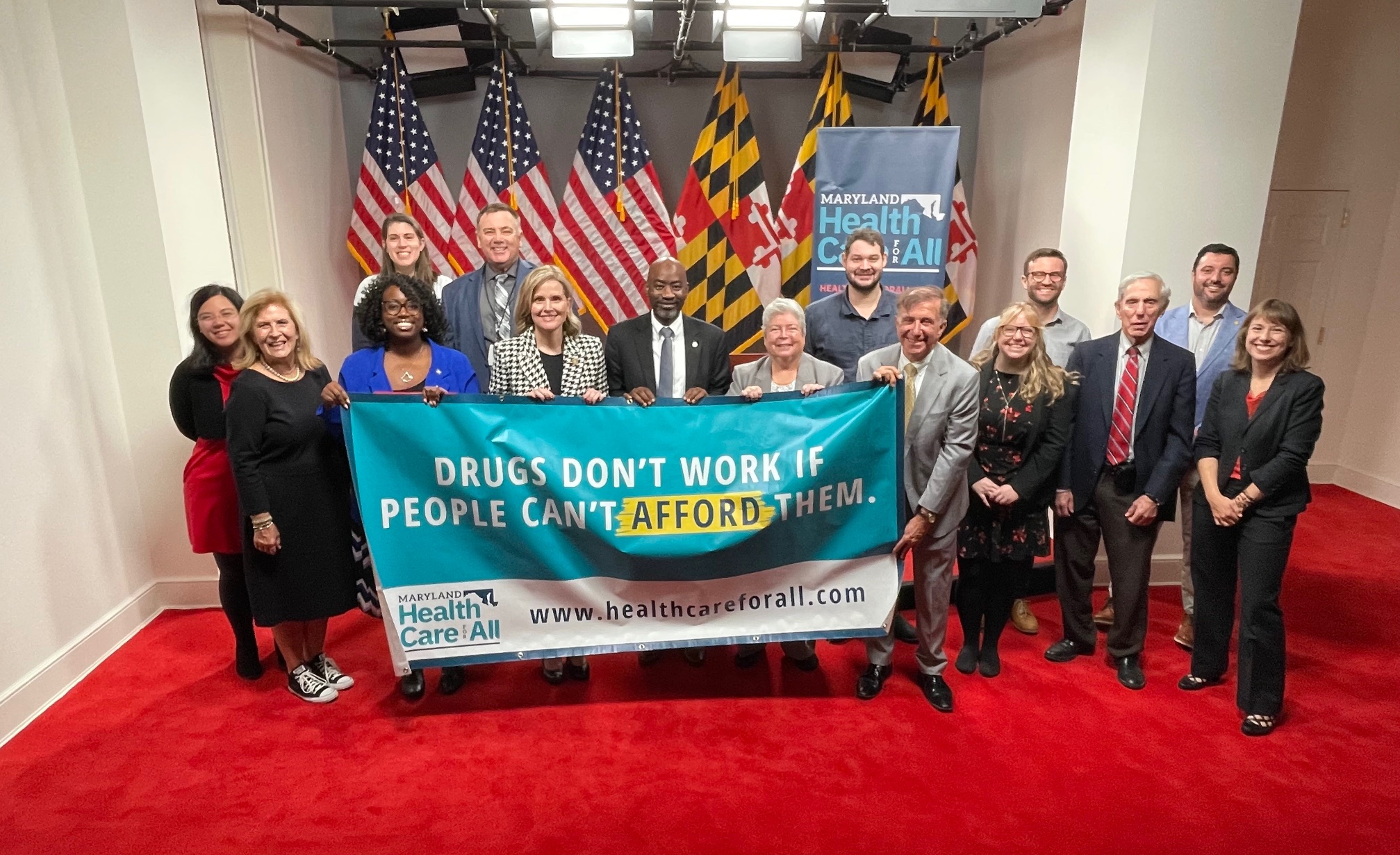Maryland Matters
March 26, 2019
Josh Kurtz
Legislation to establish a Prescription Drug Affordability Board in Maryland has already been scaled back drastically. But Republicans still have questions – and objections.
The first House floor debate on the bill took place Tuesday, days after the Health and Government Operations Committee altered the measure so that it would only set up an affordability board for state and local government workers, rather than the entire population. Still, advocates note that this would be the first state-sanctioned board designed to hold the line on prescription prices in the U.S.
The board, to be appointed by the governor, the attorney general and the presiding officers of the General Assembly, would meet regularly to consider trends in the industry and other factors that determine how pharmaceutical companies set their prices. If board members find that the spending on a prescription drug product has led or will lead to an affordability challenge for consumers, the board must recommend or establish an upper payment limit after considering specified costs, methodologies, and relevant data.
But Republicans took aim at the legislation when it came up for a preliminary House vote Tuesday. Del. Mark K. Fisher (R-Calvert) suggested it was a price control bill – and noted that 2017 legislation to impose price controls on generic drugs was thrown out by the courts.
Del. Bonnie Cullison (D-Montgomery), the chair of the Health and Government Operations Insurance and Pharmaceuticals subcommittee, countered that the bill was designed to set price ceilings – but was not a price control measure.
“We’re not telling the pharmaceutical companies what they can charge,” she said. “We are telling them what Maryland is willing to pay.”
Fisher called that “a distinction without a difference.” He suggested he would offer an amendment to the bill but then chose not to.
Del. Christopher T. Adams (R-Lower Shore) rose and said the legislation would result in “government bureaucracy for the purposes of politics.” He offered an amendment to gut the bill and set up a pharmacy benefits manager for the state – a system that he said exists in New Jersey.
Cullison suggested that Adams reintroduce the measure as a bill next year, so the idea could get “a full hearing.” That prompted Adams to complain that “this bill has been coming quickly,” though Cullison reminded him that lawmakers had been working on it for six months.
Adams’ amendment was rejected by a vote of 39-95.
Then Del. Daniel L. Cox (R-Frederick) offered an amendment to provide potential legal relief to a consumer who has been denied access to a prescription drug due to a decision of the affordability board. That amendment was rejected by a 40-93 vote.
A final House vote on the legislation is expected Wednesday or Thursday.
Last modified: March 27, 2019


